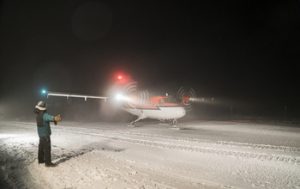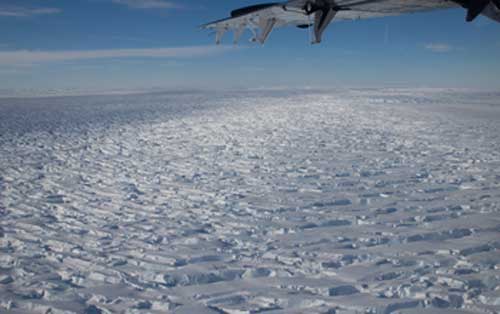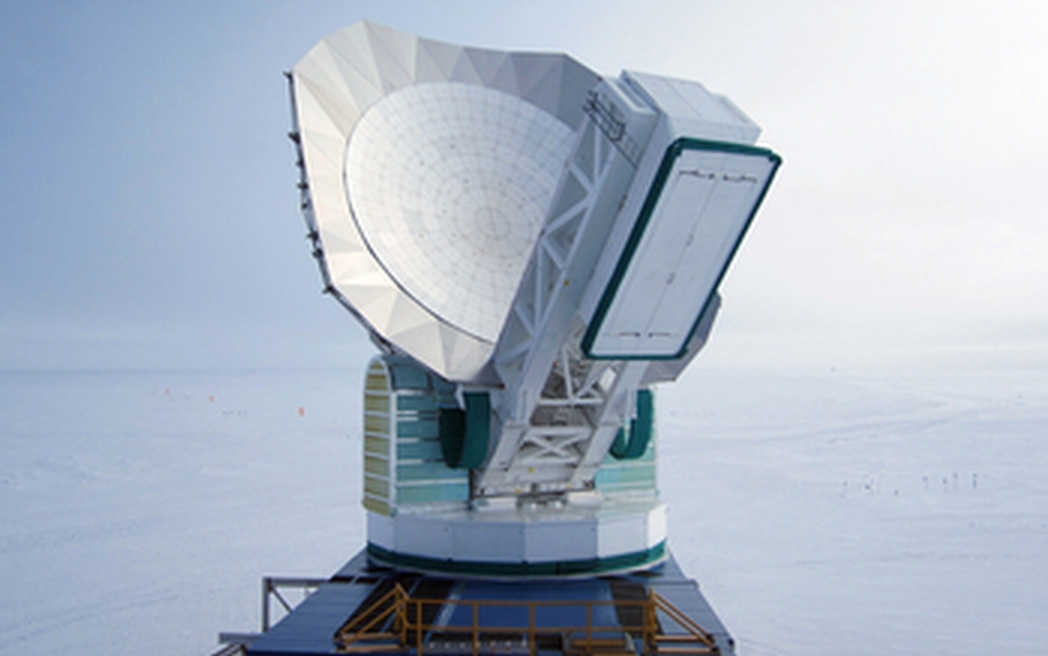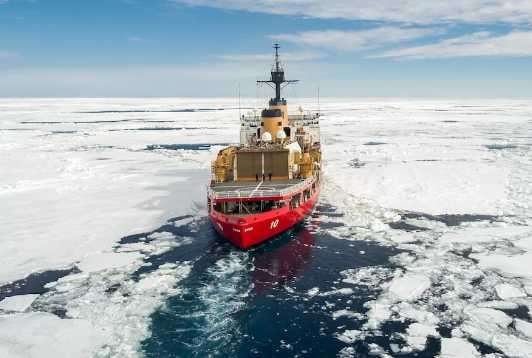
Two people stationed at the National Science Foundation’s (NSF) Amundsen-Scott South Pole Station have arrived safely in Punta Arenas, Chile, for medical treatment.
The arrival completes a nine-day, global evacuation operation that NSF coordinated to prioritize the health and safety of station and rescue personnel.
“NSF is committed to supporting scientific exploration — which often requires researchers and support staff working in some of the most inhospitable places on the planet — but our top commitment is to the safety and security of the people involved in those endeavors,” said NSF Director France Córdova. “This was a difficult process, and we’re especially grateful to the skilled flight crew who flew almost halfway around the world and over three continents, for the South Pole Station winter crew, and all the dedicated people who facilitated this rescue. It has served as a sobering reminder of the risks research often requires, the tremendous challenges involved, and the resolve and solidarity of the scientific community.”
Córdova said all of NSF hopes for the swift recovery of the patients.[xyz-ihs snippet=”adsense-body-ad”]
Prior to the medical evacuation, 48 people were wintering at Amundsen-Scott, one of three year-round stations NSF operates in Antarctica to further the progress of science and do station maintenance.
Because of extreme cold and darkness at this time of year in Antarctica, flights in and out of that station are normally suspended. In this case, in consultation with outside medical experts, NSF determined that an evacuation was warranted and called on Calgary-based Kenn Borek Air Ltd., which has a U.S. government contract to fly in support of U.S. Antarctic Program science, to conduct this mission.
Two Twin Otter aircraft, designed to withstand intense weather conditions, arrived at British Antarctic Survey’s Rothera Station on the Antarctic Peninsula on June 20, where they rested and awaited favorable weather. On June 22, one of the aircraft arrived at the geographic South Pole. Later that day, the flight landed safely in Chile.
“I wish to thank the people around the globe who expressed their support for the Kenn Borek pilots, the South Pole community, the British Antarctic Survey and all of our national and international colleagues who contributed to this week’s medical evacuation flight,” said Kelly K. Falkner, head of the NSF Polar Program.
NSF operates the Amundsen-Scott South Pole Station as part of its management of the U.S. Antarctic Program, the nation’s research program on the southernmost continent.
NSF will not release further personal or medical information to preserve patient privacy.
Source: NSF
[xyz-ihs snippet=”Adversal-468×60″]







